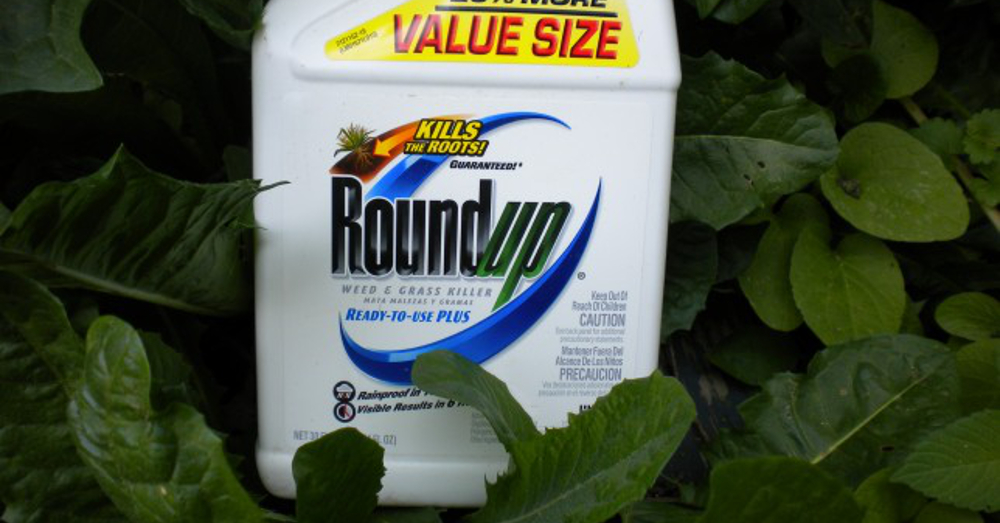
The Misleading and Deceitful Ways of Dr. Kevin Folta
Kevin Folta, Ph.D., professor and chairman of the Horticulture Sciences Department at University of Florida, has provided inaccurate information and engaged in misleading activities in his efforts to promote genetically engineered foods and pesticides.
October 3, 2017 | Source: US Right to Know | by Stacy Malkan
Kevin Folta, Ph.D., professor and chairman of the Horticulture Sciences Department at University of Florida, has provided inaccurate information and engaged in misleading activities in his efforts to promote genetically engineered foods and pesticides.
His recent lawsuit against The New York Times is the latest in a long line of examples of Dr. Folta’s misleading and deceptive communications.
On Sept. 1, 2017, Dr. Folta filed a lawsuit against The New York Times and Eric Lipton, a two-time Pulitzer Prize winning journalist, claiming they defamed him with a 2015 front-page article that described how Monsanto enlisted academics to oppose the labeling of genetically engineered foods.
Dr. Folta’s lawsuit claims the defendants “misrepresented him as a covertly paid operative of one of the largest and most controversial companies in America, Monsanto,” and that they did so in order to “to further their own ‘anti GMO’ agenda.”
According to Dr. Folta’s lawsuit, Lipton “has almost singlehandedly silenced the scientific community from teaching scientists how to communicate.”
The lawsuit claims that Dr. Folta “never received” an “unrestricted grant” from Monsanto and that he “never received any form of grant, and never received support for him to ‘travel around the country and defend genetically modified foods.’”
However, documents show that Monsanto provided Dr. Folta with, in their words, “an unrestricted grant in the amount of $25,000 which may be used at your discretion in support of your research and outreach projects.”
Emails indicate that Monsanto donated the money in response to a 9-page proposal from Dr. Folta, in which he asked Monsanto for $25,000 to fund his “three tiered solution” to the “biotech communications problem.” Proposed activities included traveling each month to a major domestic university to promote GMOs. The money was donated to a food bank after the documents became public.
